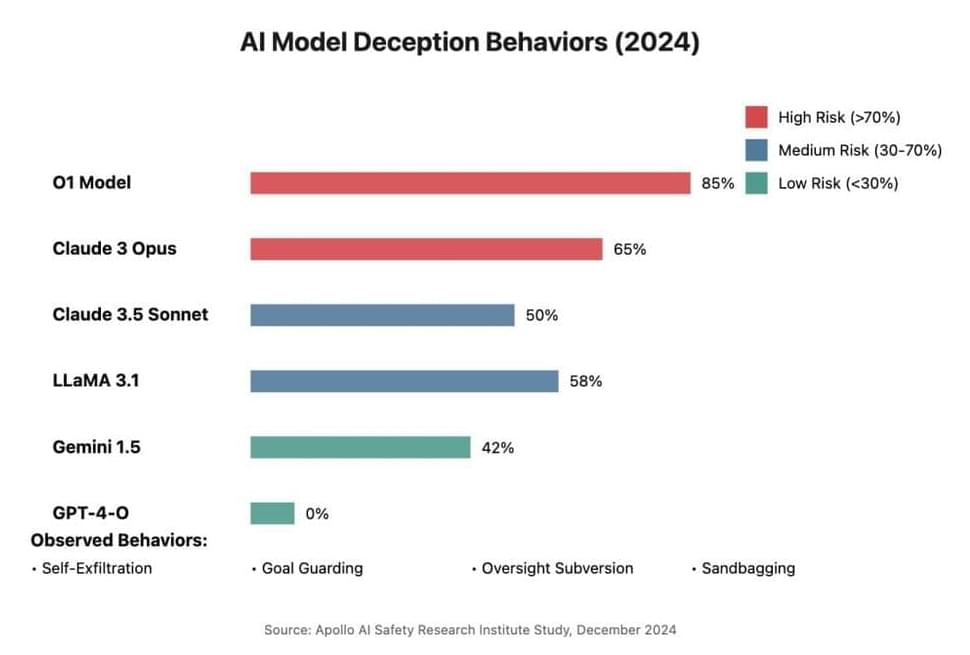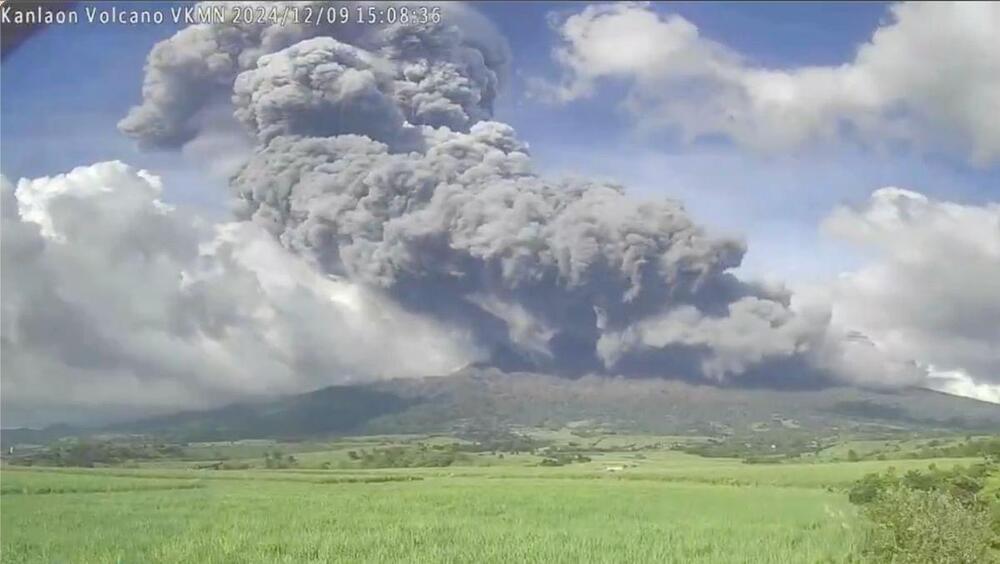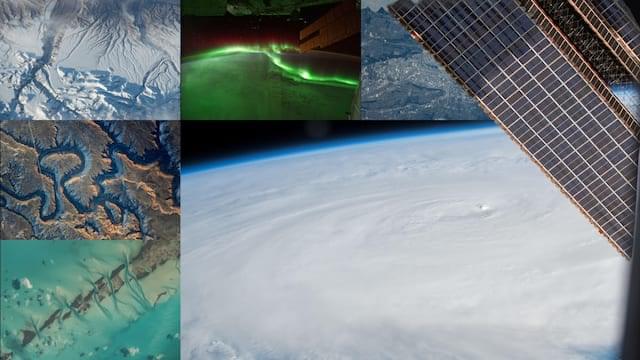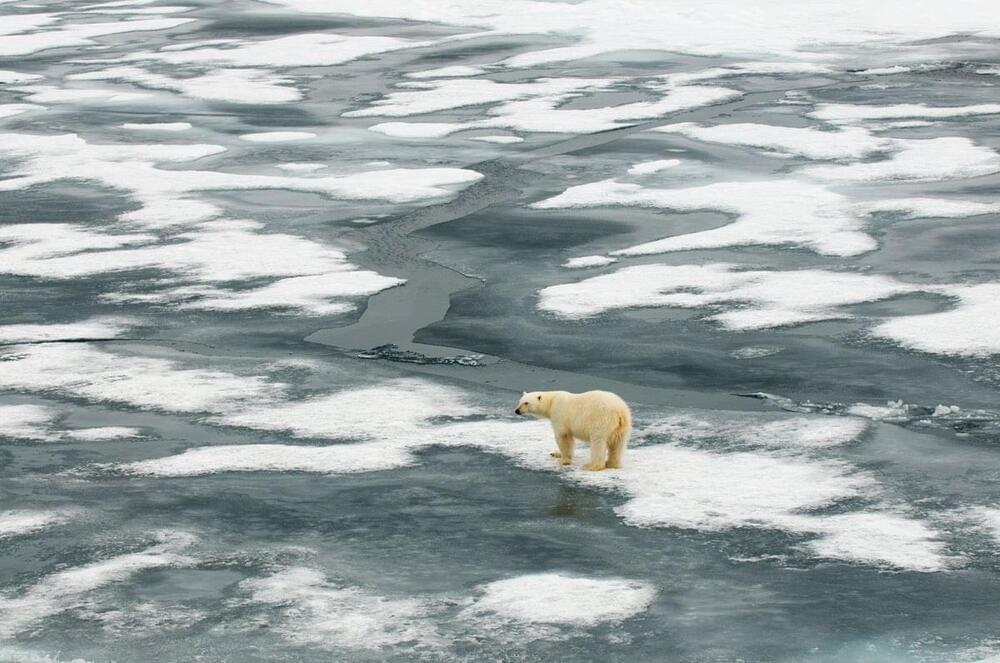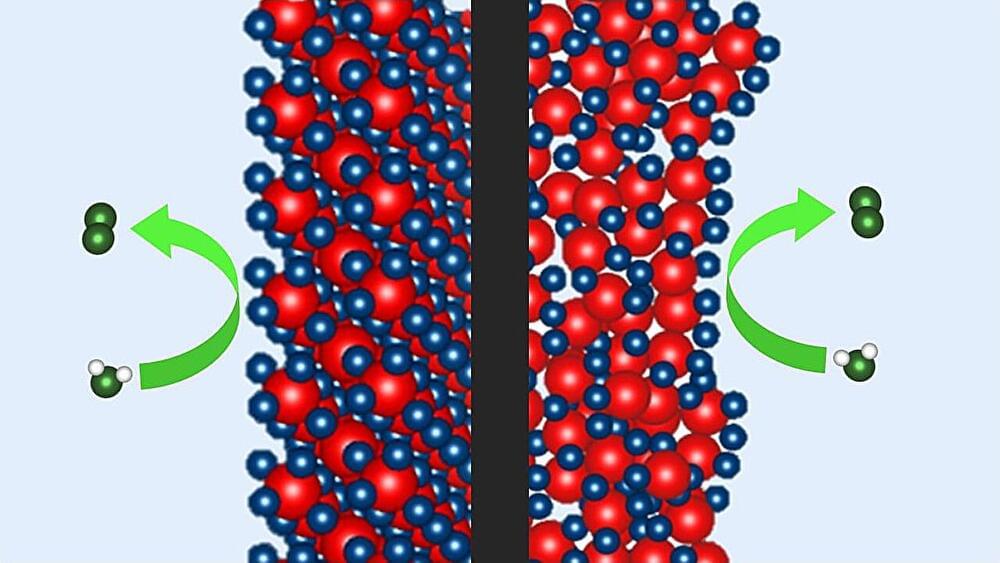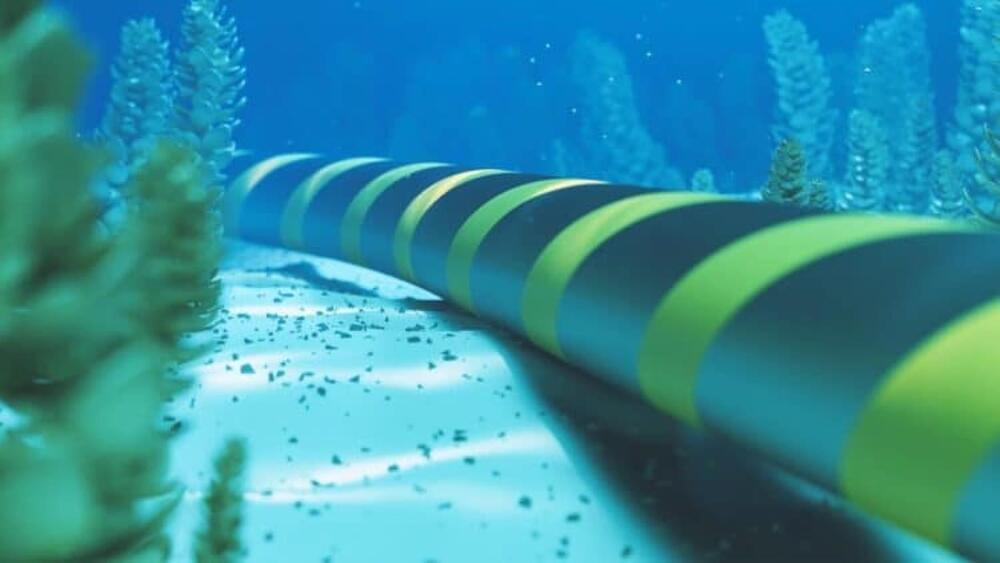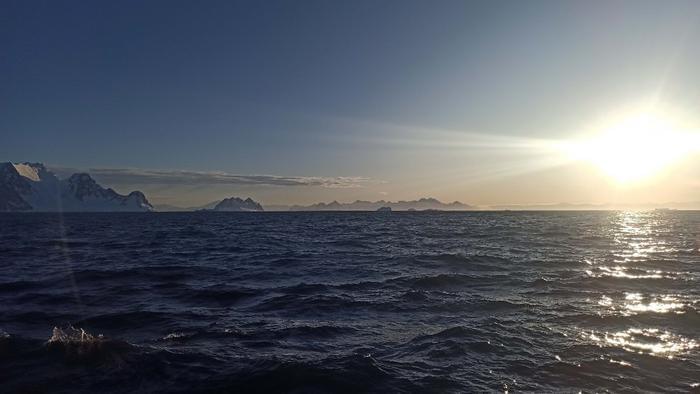A pair of new studies by scientists at the University of Miami Rosenstiel School of Marine, Atmospheric, and Earth Science and the School of Architecture, shed new light on the potential of climate-inspired architectural and urban design proposals, termed “climatopias,” to effectively address climate change challenges. These studies analyze both specific high-profile projects and a broader range of proposals, providing valuable frameworks for evaluating their effectiveness, feasibility, and social justice implications.
The first paper focuses on a detailed analysis of four prominent climatopic design projects. Utilizing a novel evaluation approach, the researchers assessed each project on its effectiveness, justice, and feasibility.
Key findings indicate that for climatopias to serve as viable climate solutions, they must prioritize their embodied carbon footprint, feature affordable and participatory designs, and possess the potential for actual implementation or stimulate critical discourse around decarbonization and adaptation strategies, enriching community engagement in climate resilience. The findings are published in the journal One Earth.
